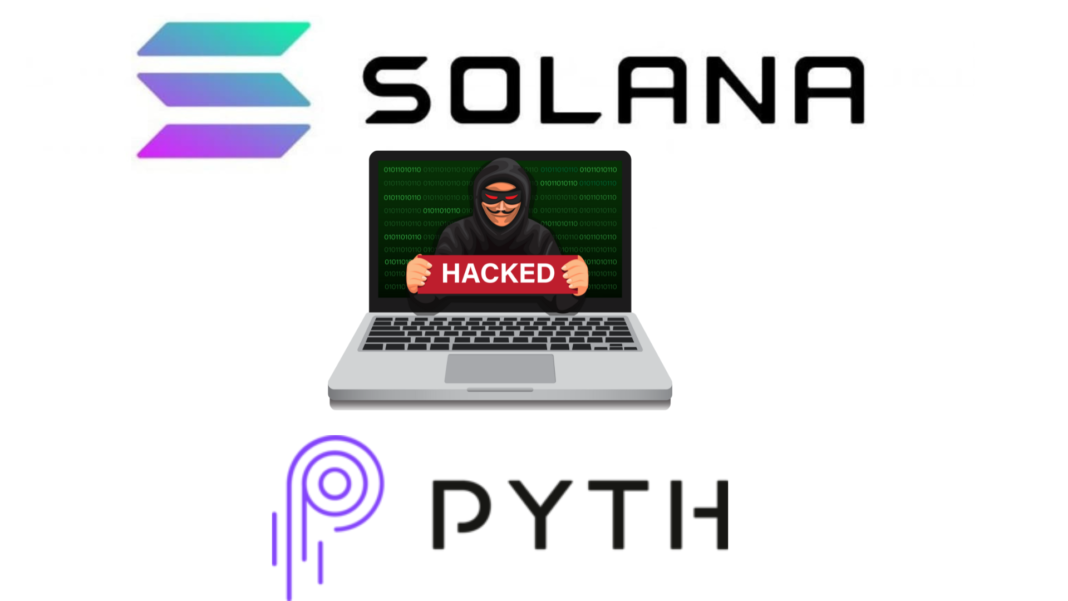A devastating scam in the Solana ecosystem has resulted in a significant loss of $3.08 million worth of PYTH tokens, highlighting the critical importance of verification procedures in cryptocurrency transactions.
The incident involved the loss of 7 million PYTH tokens after a user fell victim to a sophisticated address manipulation scheme.
This case serves as a stark reminder of the irreversible nature of blockchain transactions and the substantial financial consequences that can result from even momentary lapses in security vigilance.
The magnitude of this loss underscores the growing sophistication of cryptocurrency scams and the need for enhanced security awareness among users.
Also Read: Sky Protocol Launches USDS Stablecoin On Solana To Boost DeFi Ecosystem
Scam Methodology and User Error Analysis
The scammer employed a clever technique by creating a wallet address that mimicked the first four characters of a legitimate deposit address, then sent a minimal transaction of 0.000001 SOL to the victim.
This strategic move placed the fraudulent address in the victim’s transaction history, setting up the deception.
The victim, following a common but dangerous practice, copied the address directly from their transaction history without performing a complete verification of all characters.
This oversight, combined with the false sense of security from matching initial characters, led to the misdirection of the substantial PYTH token transfer to the scammer’s address, demonstrating how sophisticated attackers can exploit user convenience habits.
Recent Security Breaches in Solana’s DeFi Landscape
The Solana ecosystem has experienced multiple significant security incidents across its DeFi platforms.
Polter Finance, a decentralized lending and borrowing platform, suffered a severe security breach resulting in approximately $8.7 million in stolen cryptocurrency.
The platform responded swiftly by pausing operations and engaging law enforcement on November 17, while their investigation team successfully traced the stolen funds to Binance-associated wallets.
Similarly, Thala Protocol faced a security breach on November 16 that targeted its v1 liquidity pool, causing its native token (THL) to plummet by over 50%, dropping below $0.26.
The protocol’s transparent communication through X (formerly Twitter) demonstrated their commitment to stakeholder awareness during crisis management.
These concurrent security breaches highlight the interconnected vulnerabilities within the DeFi ecosystem and emphasize the critical need for enhanced security measures and user education across the Solana network.
The immediate market reactions to these incidents underscore the sensitivity of DeFi protocols to security breaches and the importance of robust security infrastructure in maintaining market stability.
Also Read: Solana Achieves New Milestones With DEX Volume Reaching $100B & SOL Surging To New ATH


